This article puts a spotlight on the plight of the two victimized women from south Kashmir and lays bare a pattern of “selective outrage” and “calculated silence” that repeats itself to suit the consistent and crude narrative of violence in the valley.
While the plight of one of the women has drawn widespread attention, the other woman has been all but forgotten. Even her family is tight-lipped and not ready to reveal how she was brutally murdered, in the middle of the night, – during a sacred time of the year — by whom and why?
The woman who is living behind bars
Saima Akhter, 27, a special police officer (SPO) of Jammu and Kashmir Police, has been booked under the Unlawful Activities (Prevention) Act and disengaged from service after a video showing her arguing with security forces over the search of her house and in which she complains that they are being “subjected to such harassment regularly” went viral. This incident took place in Kulgam district previous week.
Police have claimed that they booked Akhter under the UAPA and Section 353 of the Indian Penal Code for “uttering statements glorifying violent actions of terrorism” and “resisting [the] search party”.
In the video, which was shared widely on social media, Saima Akhter, a resident of Frisal in Kulgam, can be heard asking security forces: why do they search her house regularly. “If anything happens to my mother, you will have to face the consequences. Why do you come here again and again? Nobody is here. Go to the houses where militants are hiding, there is no one in this house. My mother is ill…you didn’t even allow us to have ‘Sehri’.” the SPO can be heard saying.
In the video, neither the SPO nor members of the forces are visible, but their conversation can be heard.
Akhter is also heard telling the forces that she will not allow them to enter the house unless they remove their shoes. “They are subjecting us to this harassment. Even our neighbours have to face this,” she can be heard saying. In a fit of rage, she can also be heard cursing the forces and telling them that the militants would not have spared them had they been here.
Akhter’s disengagement from police service and her subsequent arrest drew widespread condemnations, not only from the common people but even the political parties.
People Democratic Party (PDP) president Mehbooba Mufti flayed the police action saying that she was slapped with UAPA for raising legitimate questions about searching her home repeatedly without any reasons. “Saima’s ailing mother understandably exacerbated her worries,” Mufti tweeted while pronouncing “when it comes to cruelty, even women aren’t spared in Naya Kashmir.”
National Conference in a very elaborate statement said that the action against Akhter is “vindictive” and that the state is expected to be magnanimous and benevolent while dealing with such incidents. “Apparently this incident is an outburst of anger and should not have been dealt with seriously,” tweeted CPI-M leader M Y Tarigami who has been representing Kulgam in the Legislative Assembly of the erstwhile state. Other political parties also jumped in, criticising the police for its punitive action against the “poor” SPO.
Facing this backlash, police came up with a clarification that Akhter has for long been on its radar and that she was suspected of being an “overground worker” of the militants, besides of course repeating that she had restrained the security forces from conducting searches and had glorified militants and militancy – thereby attracting action that was taken against her.
Needless to say that even at its best, police clarification remains flawed, with many holes in it. For instance, if at all Akhter really was suspected of being an overground worker of the militants or their sympathizer, then action including her termination from service as SPO should have been initiated against her right at the onset – why would police wait until last week when the incident in question happened?
Whatever the reality may be, because now that she has been booked under the UAPA, the police will have to, at some point in time, substantiate and prove charges against her upon a judicial determination.
Notwithstanding the final outcome of the case – one thing is clear. A woman is at the receiving end – a victim, and in this case, the perpetrator being the state and its agencies. So, we see a whole lot of people including the politicians’ chip in with their condemnations of the perpetrator, and in support of the victim.
It is very encouraging to see people “standing up for the weak”. This is how it is supposed to be, at least as of now, until the courts or any other adjudicating authority decides the case on its merits.
The woman who died in silence
It was around Sehri time on Friday (April 16th) when a couple of militants barged into Shakeela Banu’s house and pumped bullets into her in front of her family, including her children. Thinking that the job was done, the militants left the place, but Banu somehow survived this assault and was taken to a nearby hospital at Aripal and then to the sub-district hospital in Tral. At both places her husband and in-laws did not disclose to doctors anything regarding bullet injuries, the police had said on Saturday.
Doctors were informed by family members that she was suffering from abdominal pain/heart problem, the police said, adding that the doctors at the hospital referred her to the SMHS Hospital where she was found to have bullet injuries.
“As soon as the police received the information, a team from Aripal Police Post reached the house of the injured and during a search, an empty bullet cartridge was recovered,” the police said.
Banu, the wife of Ghulam Nabi Lone, died at the SMHS Hospital on Sunday and police only said that it has registered a case and taken up the investigation.
Unlike in other cases, police here did not show any promptitude to inform the general public on how and why she had suffered bullet injuries and who the perpetrators were. Like her family members, social media too is silent about the incident.
Mehbooba Mufti didn’t talk about it, nor did Omar Abdullah or Sajad Gani Lone tweet a word; CPI-M’s Tarigami too preferred silence and so did Mohammad Altaf Bukhari, human rights activists, social media feminists and others.
Our “selective outrage” becomes our “collective inability” to confront all forms of violence
For Shakeela Banu’s tormentors, her killers – it’s the mission accomplished. They may think they have won, and sure they may have! But Kashmir has lost, once again…like it has on so many occasions in the past… always!
Kashmir has lost because one more life was wasted to the whims of faceless killers who do not know why they are killing their own people — but killing they nevertheless are because this is what they are programmed and trained to do. Having lost it against the pronounced adversary, they have shifted focus on the perceived adversaries, the non-combatant civilians.
This is what they have always done, and history is witness to it. In order to keep the proverbial pot boiling and to maintain their otherwise receding relevance and power, training guns at the soft targets is the oft-repeated ploy, which has always worked. It’s been a very powerful tactic, a sure-shot success in the absence of public outcry and outrage such incidents are expected to generate as the killers are not the state forces.
Since popular silence has always sanctified such killings, this brutal mayhem has enjoyed the privilege of continuity right from the inception of militancy till date. Thus far hundreds of civilians have been caught like sitting ducks – people of all hues and denominations have been bumped off after being labelled with the notorious term called ‘Mukhbir’ (police informer), a charge that is laid to rest with the victim’s body, with nobody ever bothering to substantiate and prove it with evidence.
Any idea how many people have thus far been tortured and condemned to a brutal death this way – even when the reality was that they were not what they were thought to be – Mukhbirs? And, that they were thought as being police informers only because someone had, for personal reasons, framed them as such?
Who is the one who decides on the kind and quantum of punishment informers are to be meted out? Has anyone ever bothered to spell out any criteria for such decisions? Have people ever asked all these questions? If not, why?
The fact is that mysterious killings have all along been a reality here, with faceless killers roaming scot-free and striking at will. This is the tragedy for all, particularly the families of the victims who do not know who killed their kin and why.
And even when they know it, they do not dare say it. Because, they do not want to unmask the masked truths of Kashmir’s violent past dating back to the recent three decades, and continuing even to this day.
Kashmir is a place where people of different hues, political leaders included – all those Muftis, Abdullahs, Lones and Bukaris – simply avoid looking in the face of ugly realities, leave aside coming out to openly criticize anything, like the killing of Tral’s Shakeela Banu.
But let’s understand that even if we don’t criticize, we will still have to figure out how to deal with such elements, who are having a field day in the ‘absolutist anarchy’ that has been normal here. An entire population cannot be left at the mercy of psychotic killers who go on victimizing people at will and yet remain remorseless for they are credited with fighting for a “cause”.
The views and opinions expressed in this article are those of the author(s) and do not necessarily reflect the official policy or position of JKPI

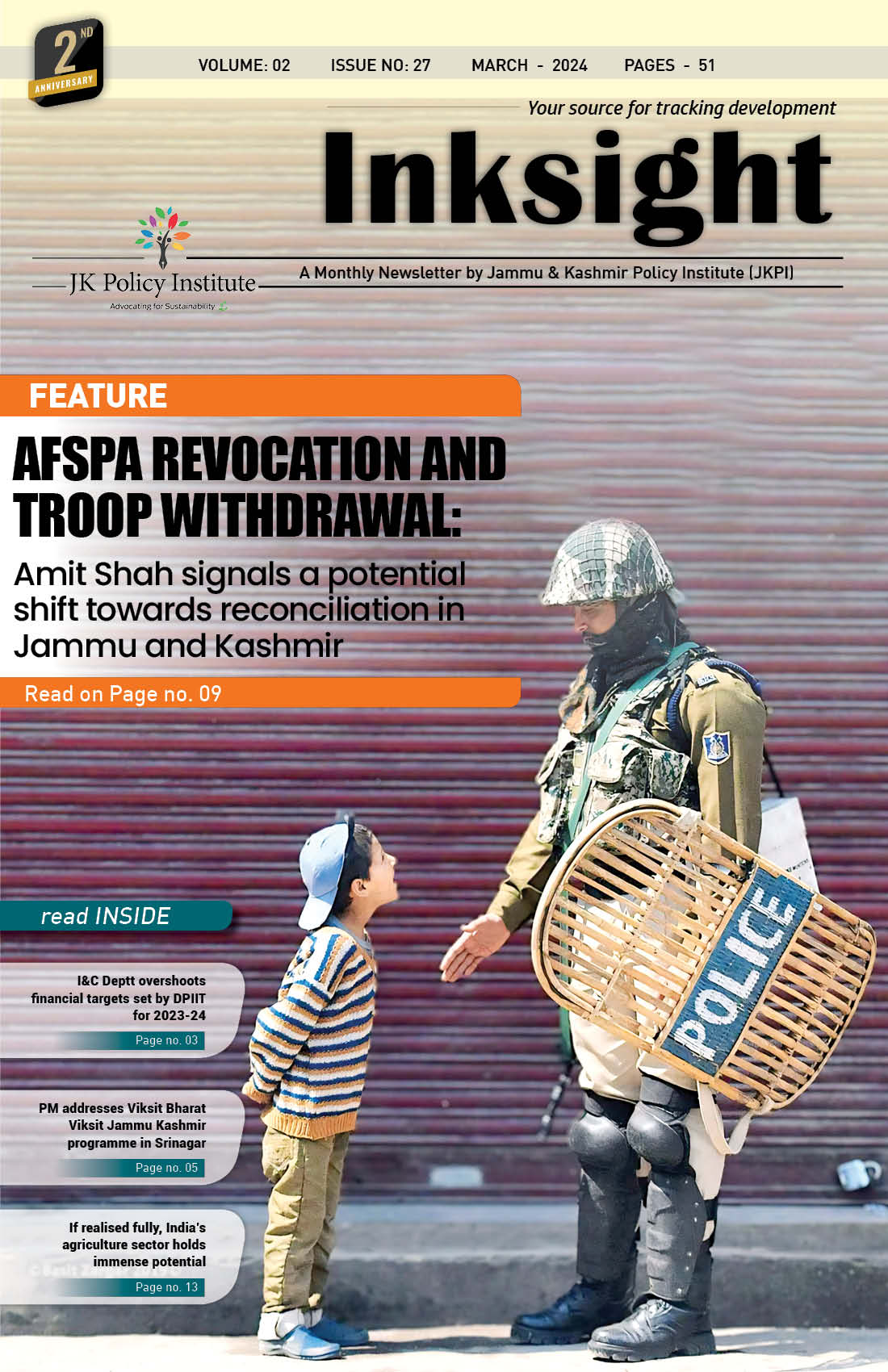
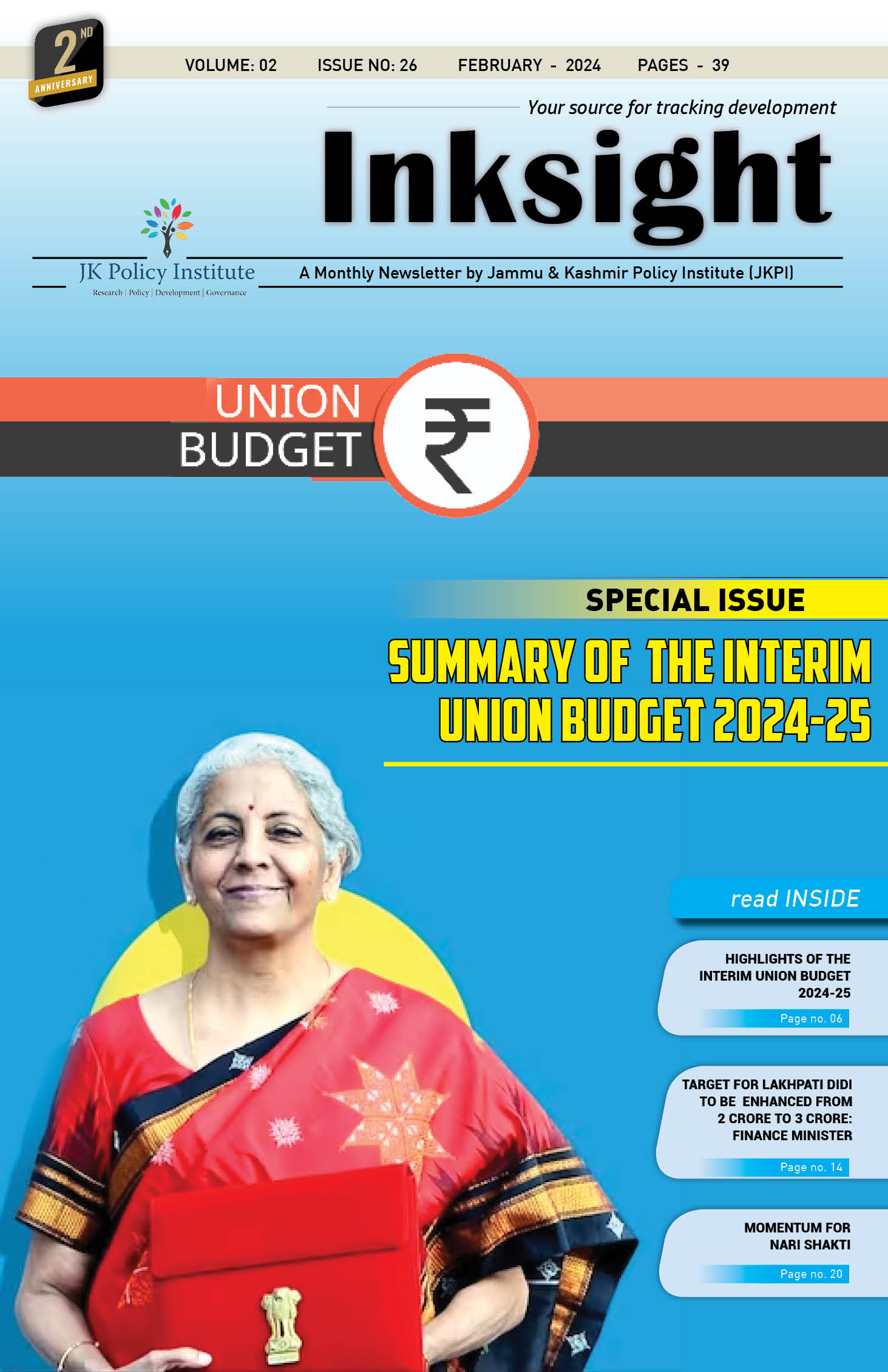
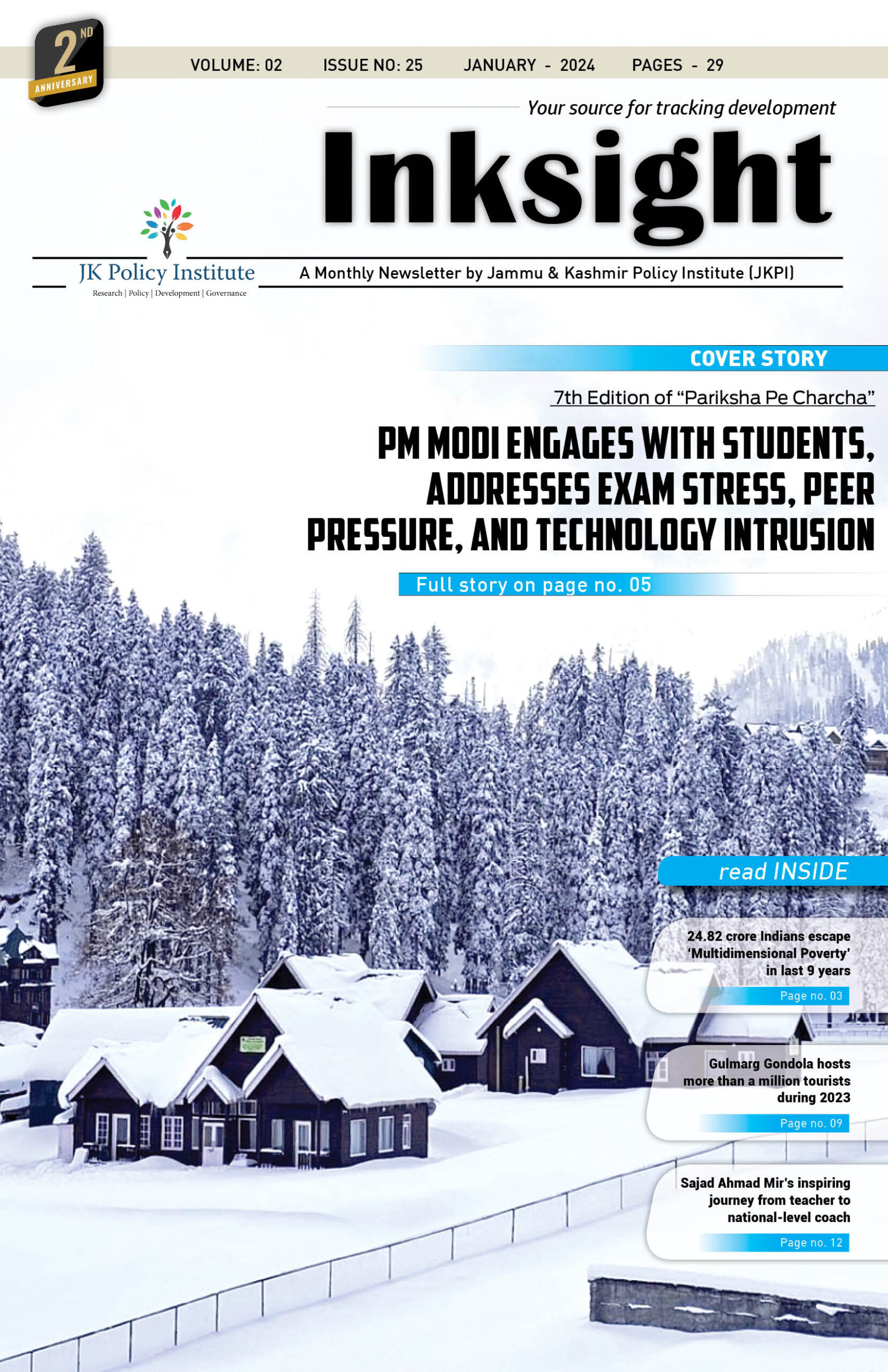

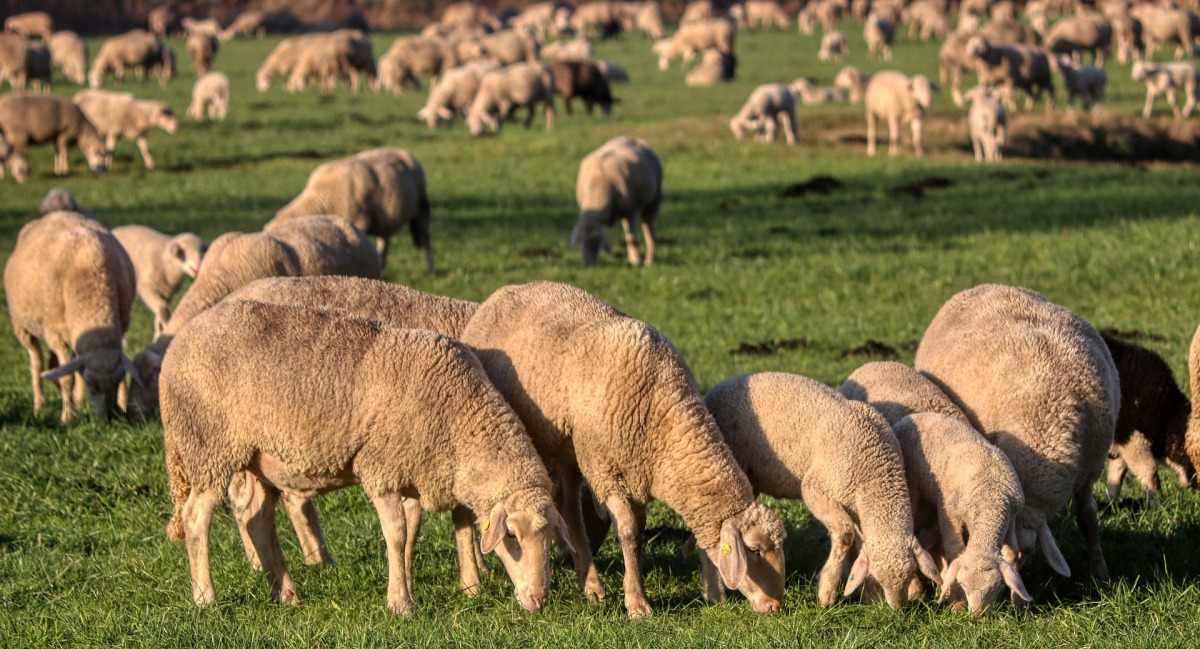
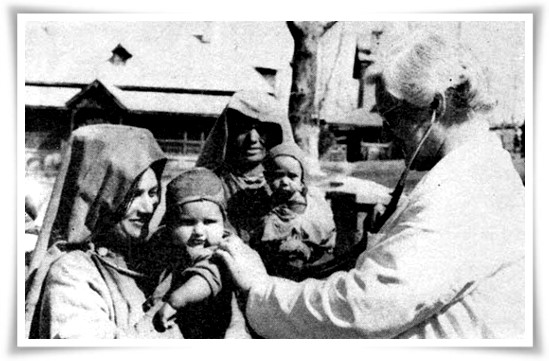

Leave a Reply
You must belogged in to post a comment.